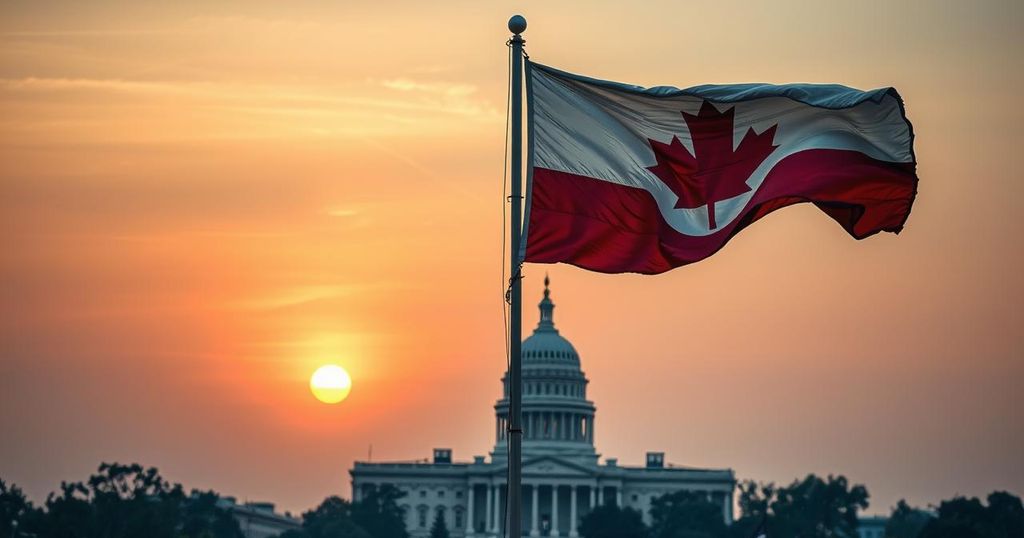Guinea-Bissau President Umaro Sissoco Embalo plans to run for a second term in November, reversing his previous promise to step down. He has faced political opposition over the timing of elections, which have been postponed until November 30, 2023. Disputes regarding the end of his term further complicate the political landscape in the coup-prone nation.
Umaro Sissoco Embalo, the President of Guinea-Bissau, has announced his intention to seek a second term in the forthcoming elections scheduled for November. This decision marks a significant departure from his previous commitment to step down, potentially heightening tensions regarding the end of his current term and the timing of delayed elections. Upon returning from a diplomatic trip to Russia, Azerbaijan, and Hungary, Embalo declared, “I will be a candidate in my own succession” to reporters at the airport.
The political landscape in Guinea-Bissau is contentious, with Embalo clashing with opposition parties over the duration of his current five-year term, which commenced in 2020. The opposition contends that his term concluded at the end of February, while the Supreme Court of Justice has ruled that it extends until September 4, 2025. Moreover, the President faced criticism following his announcement that presidential and legislative elections would not occur until November 30, 2023, having been originally slated for November 2024 but postponed indefinitely due to technical and financial hindrances.
In addressing the upcoming elections, Embalo stated, “I will talk to the political parties first about the forthcoming elections, and then I will issue a presidential decree”. This announcement arrives amid growing discontent among citizens and political factions regarding the electoral process. Embalo, a former army general aged 52, has inherited a political landscape beset by instability and has reported two attempts on his presidency, the most recent occurring in December 2023.
Previously, President Embalo mentioned that familial advice played a role in his contemplation of not seeking re-election, specifically indicating that his wife had urged him against it. The evolving political situation in Guinea-Bissau calls for careful observation, as it may impact the relatively fragile stability within the country following decades of coups and unrest since its independence in 1974.
In conclusion, President Umaro Sissoco Embalo’s decision to run for a second term reflects a significant policy shift amidst a turbulent political arena. His disputes with opposition parties over the electoral timeline highlight the potential complications ahead, particularly regarding postponed elections and differing interpretations of his term’s conclusion. As the electoral situation develops, the implications for Guinea-Bissau’s stability warrant close attention.
Original Source: eastleighvoice.co.ke




